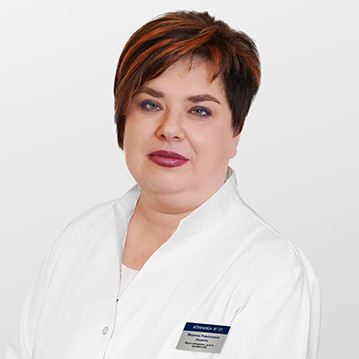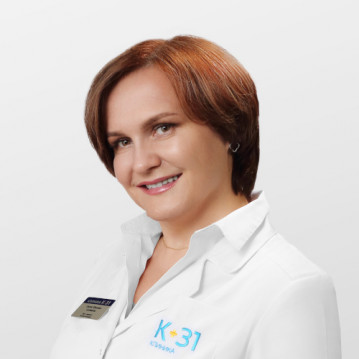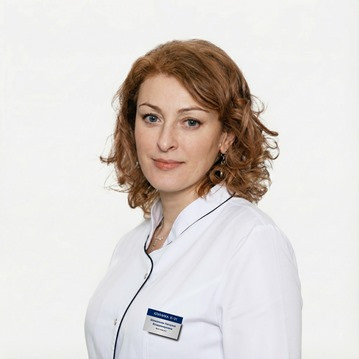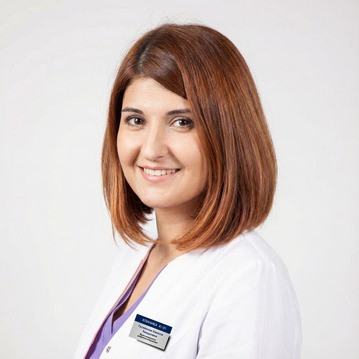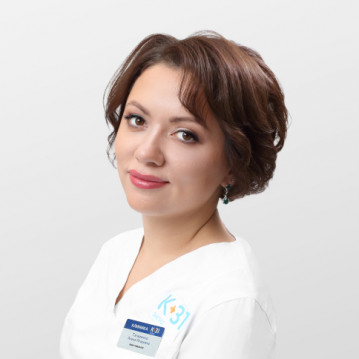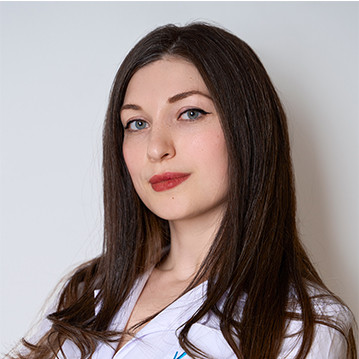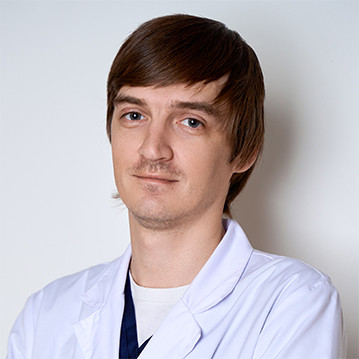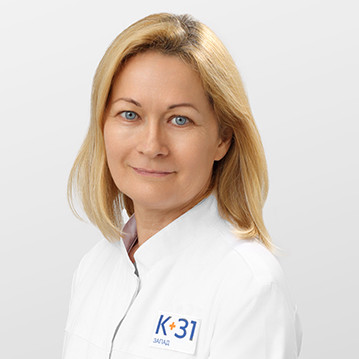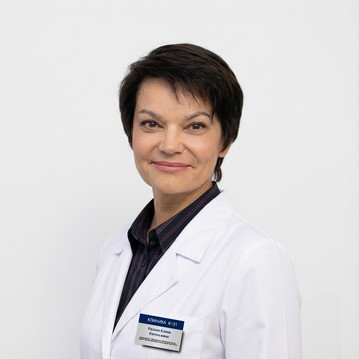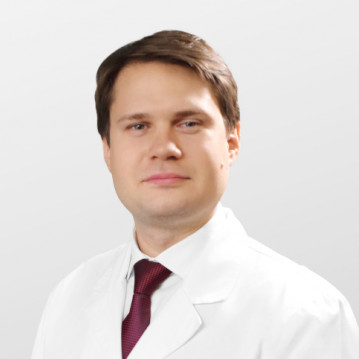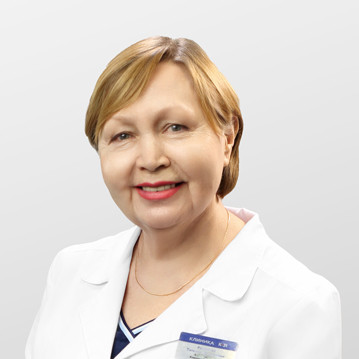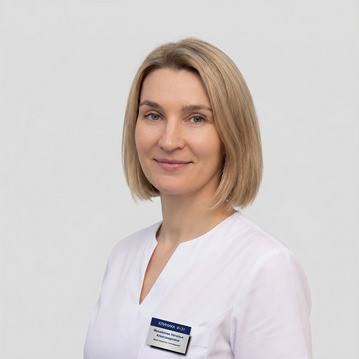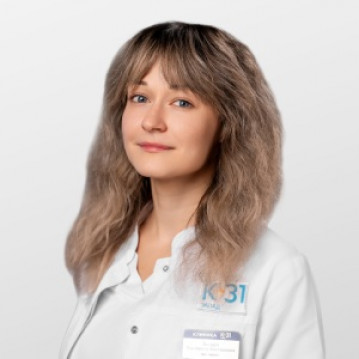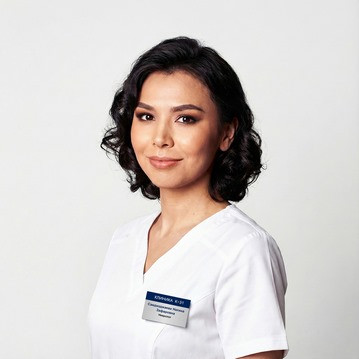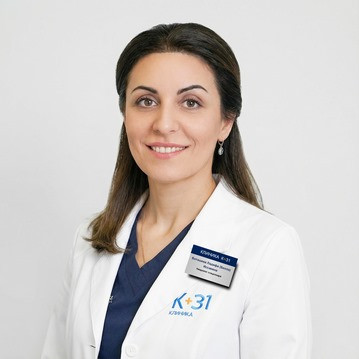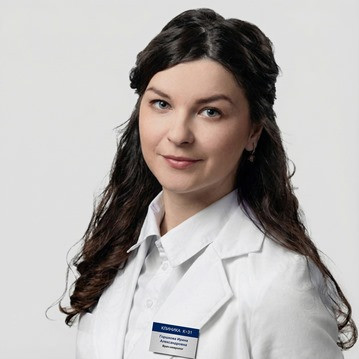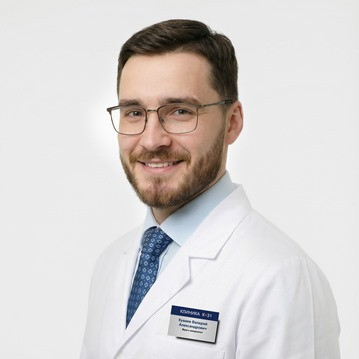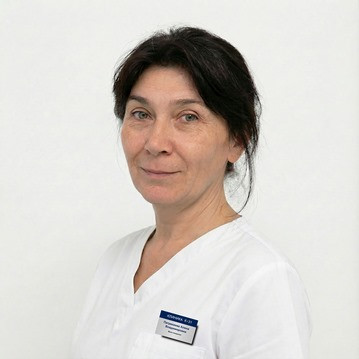Parkinsonism is a syndrome manifested by a combination of hypokinesia with rigidity, resting tremor and postural instability, and is usually associated with damage to the basal ganglia of the brain and their connections.
Symptoms of parkinsonism:
- hypokinesia is a mandatory sign of parkinsonism, characterized by slow movement. Hypokinesia is manifested by hypomimia (facial expressions poverty), rare flashing, micrography (handwriting becomes small), shortening the stride length, difficulty getting up from a chair, etc .;
- rigidity - an increase in muscle tone, manifested by resistance to passive movements;
- resting tremor - occurs in the resting limb (most often in the distal part of the arm or leg), decreases with its movement. The tremor in the hand resembles 'rolling pills' or 'counting coins'. Head tremor is not characteristic of parkinsonism;
- postural instability - impaired ability to maintain balance when changing body position or walking.
In addition to motor disorders, the clinical picture of patients with parkinsonism often reveals: symptoms of autonomic insufficiency, cognitive and emotional-personality disorders, the assessment of which is of important differential diagnostic value.
The cause of parkinsonism can be numerous diseases that can be divided into three main groups:
- primary (idiopathic) parkinsonism - Parkinson's disease;
- secondary (symptomatic) parkinsonism (drug, vascular, post-traumatic, postencephalitic, toxic, parkinsonism in brain tumors and hydrocephalus);
- parkinsonism in multisystem CNS degenerations (parkinsonism plus).
